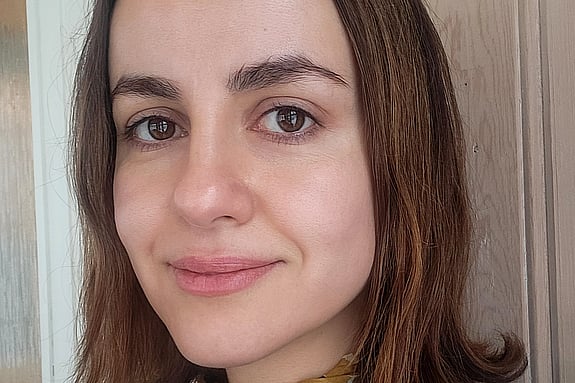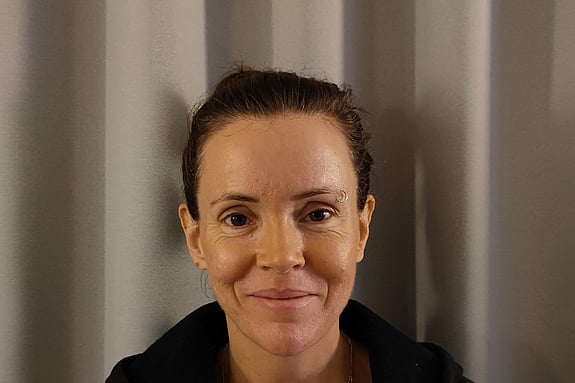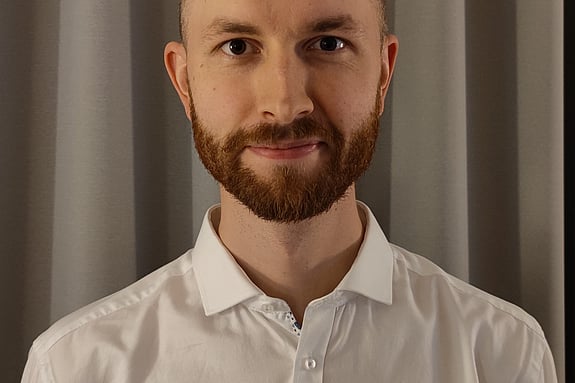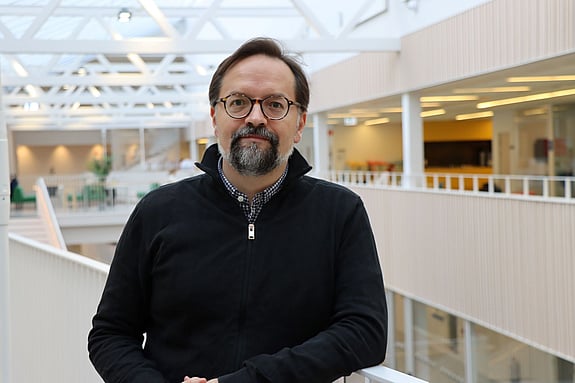Why is research on children who have been subjected to torture needed?
The knowledge about children who have survived torture is very limited, despite the fact that there is no indication that children are subjected to torture less frequently than adults. Moreover, we know that all types of violence risk having particularly severe consequences for a child's ongoing development. The lack of knowledge also risks rendering children invisible as victims of crime.
At the Red Cross Treatment Center in Uppsala, children and adults suffering from health issues due to war and torture are offered psychological and physiotherapeutic treatment. Additionally, all five Swedish Red Cross treatment centers conduct torture injury documentation in accordance with the UN's standard, the so-called Istanbul Protocol. We are the organization in Sweden that encounters torture victims the most, yet even in our operations, children's experiences of torture have been overshadowed. For example, children's torture injuries have been documented to a much lesser extent than those of adults, and children's experiences of violence by public representatives are less frequently classified as torture.
We want to change this. The initiative for the current research study was taken in connection with the updated version of the Istanbul Protocol being revised by the UN in 2022, which now includes a section on children. We saw it as both a good opportunity and a direct necessity to develop our methods to ensure that more children receive the rehabilitation and justice they deserve and are entitled to. We found an engaged partner in the Hildur Nordin Memorial Fund foundation, and together we have built a three-year research project.
Read the project's first report "Children who survived torture. A systematic literature review on screening, documentation, and treatment of torture-injured children."
Why are children subjected to torture?
Children are tortured for the same reasons as adults. They are subjected to torture to extract information or confessions about matters concerning themselves or others close to them. Children are tortured as punishment for something they have done or are alleged to have done. Torture against children is used as a means of forced recruitment of child soldiers and as a weapon in crisis and war-affected areas. Children are also tortured because of who they are, what they believe in, and how they live.
Children are easier targets and risk being subjected to torture in more social arenas and situations than adults. Although children from all social groups risk being subjected to torture, we see that certain groups of children are at higher risk. Particularly vulnerable are children living in homelessness, those in locked institutions such as detention centers or care facilities, and children fleeing without guardians.
It is currently difficult to estimate how common it is for children to be subjected to torture. This is because torture is rarely documented, especially when it involves children.
Who is part of the research project?
The project is led by child psychologist Ronak Tamdjidi at the Red Cross Treatment Center for War-Wounded and Tortured in Uppsala. The project's various parts also involve psychologists Viktor Mauritz, Isabel Petrini, and Julia Jennstål. The responsible researcher is Ferdinand Garoff at the Red Cross University College.
What do you hope to achieve with the project?
We hope to gather knowledge about children's exposure to torture and the specific demands it places on us. We aim to do this by collecting international knowledge on the screening, documentation, and treatment of torture injuries in children and using this to develop and age-adjust existing methods and routines.
We also hope to contribute to the dissemination of knowledge outside our operations so that children who have been subjected to torture can be more easily identified within, for example, healthcare, social services, the Migration Agency, and student health services.
Red Cross Treatment Center in Uppsala
The center offers psychological treatment and physiotherapeutic interventions to individuals, both children and adults, with a migration background who have been traumatized due to torture, war, and/or flight.




